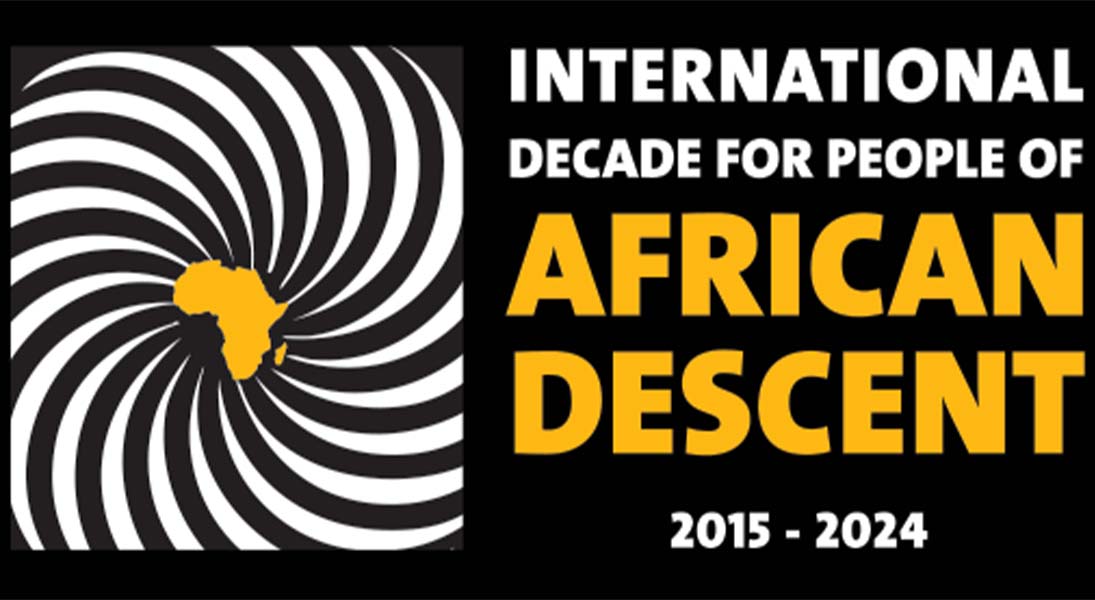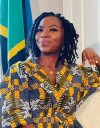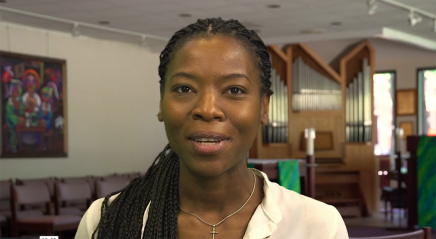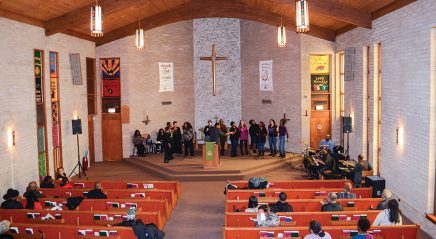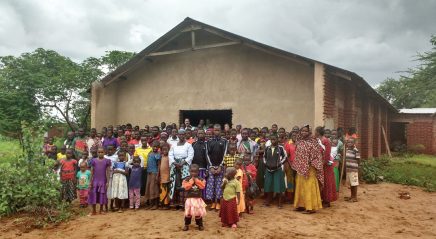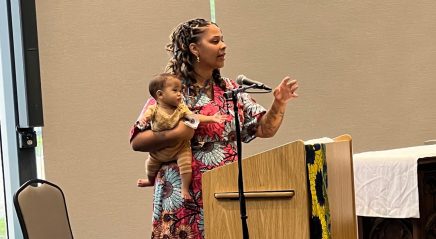Editor’s note: This post originally appeared on the ELCA Racial Justice blog in observance of the International Day for People of African Descent (IDPAD) on August 31. This year’s IDPAD marks the culmination of the International Decade for People of African Descent, an initiative launched by the United Nations General Assembly to recognize people in the Americas of African descent.
Names carry immense significance. They are a marker of identity, heritage and personal history. Because I am of African descent, my name is a reflection of and connection to my ancestral roots and cultural identity. However, in a world shaped by patriarchy and systemic biases, the journey of owning and explaining one’s name can be a challenging experience. One wants to maintain one’s culture and hold it dear to one’s heart, but this can be difficult because not everything about one’s culture is worth maintaining and, like many other things, culture evolves over time.
In many African cultures names are not merely labels but encapsulate stories, values and histories. A name might signify a particular event, convey hopes for the future or reflect familial lineage. For example, my name is Rahel Mwitula Williams; however, I was born Rahel Norbert Mwitula. Yes, my father’s first name is my middle name because, in our culture, this is a way to trace one’s lineage. So I am Rahel, daughter of Norbert, of the Mwitula clan. I can trace my lineage back through many generations: Rahel Norbert Yoram Mtemibala Mwitula. Here is the breakdown:
- Rahel, daughter of Norbert;
- granddaughter of Yoram;
- great-granddaughter Mtemibala;
- of the Mwitula clan.
When I got married, maintaining my African heritage was important to me, so I made my clan name my middle name, which is not traditional in our culture. In theory I was supposed to be Rahel Jason Williams (yes, you read that right), taking my husband’s full name as per patriarchal custom. However, I went against these cultural norms and decided to go with Rahel Mwitula Williams. Hence, I personally want people to respect and acknowledge my full name as I choose to identify.
Choosing to own and proudly use one’s given name in such an environment is a powerful act of resistance.
Unfortunately, I must constantly fight people and institutions to ensure that they say and acknowledge my full, complete name as I identify myself. (And don’t get me started on the difference between Rachel and Rahel.) For example, I found out that I have two email addresses at work, Rahel.Williams@elca.org and Rahel.Mwitula-Williams@elca.org, because it was considered a “good idea” to give people options. However, there is no option with my name. It is what it is: Rahel Mwitula Williams. I decide what I want to identify as, just like any other group fighting for their identity.
Choosing to own and proudly use one’s given name in such an environment is a powerful act of resistance. It is a declaration of my self-worth and an affirmation of my cultural identity. At the same time, society is more patient with those from the global north than with those from the global south. People from the global south are repeatedly asked to come up with a global-north name or nickname but not the other way around.
- My name is an affirmation of my identity, connecting me to my heritage and personal history. It is a daily reminder of where I come from and the stories of my ancestors.
- My name gives me the opportunity to educate others about my culture, promote diversity and foster greater understanding and respect.
- My name breaks stereotypes and challenges the notion that non-Western names are inferior or inconvenient. It confronts the biases ingrained in patriarchal and colonial mindsets.
- My name empowers me to refuse to conform when I am pressured to change and fit in. It is a statement that I value my identity and heritage, regardless of societal expectations.
I am Rahel Mwitula Williams.



